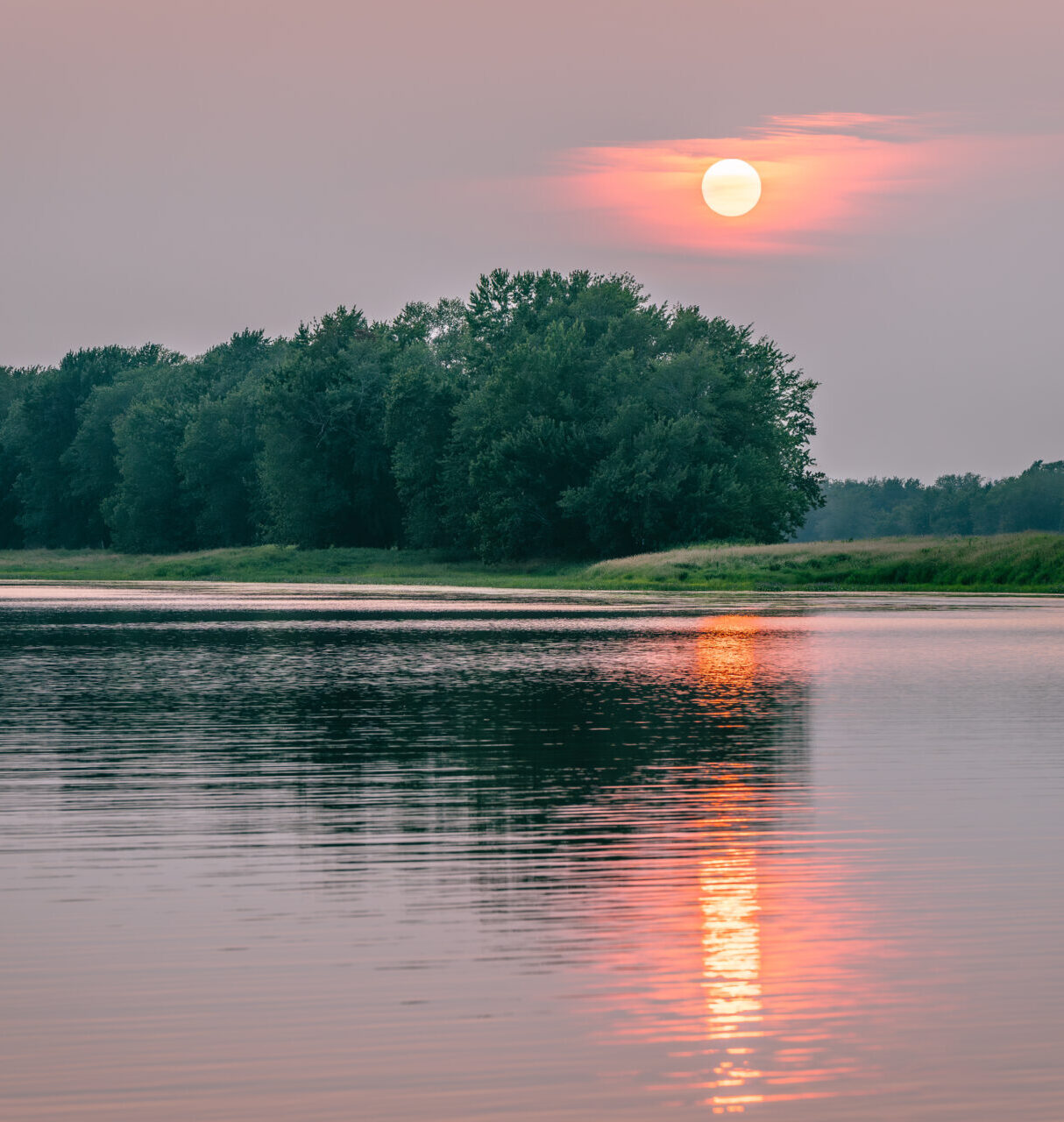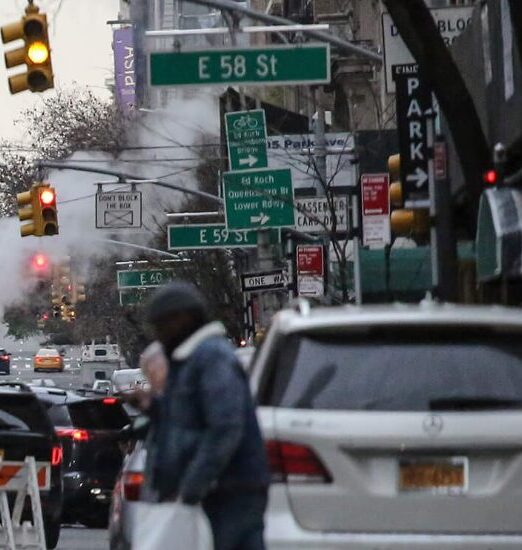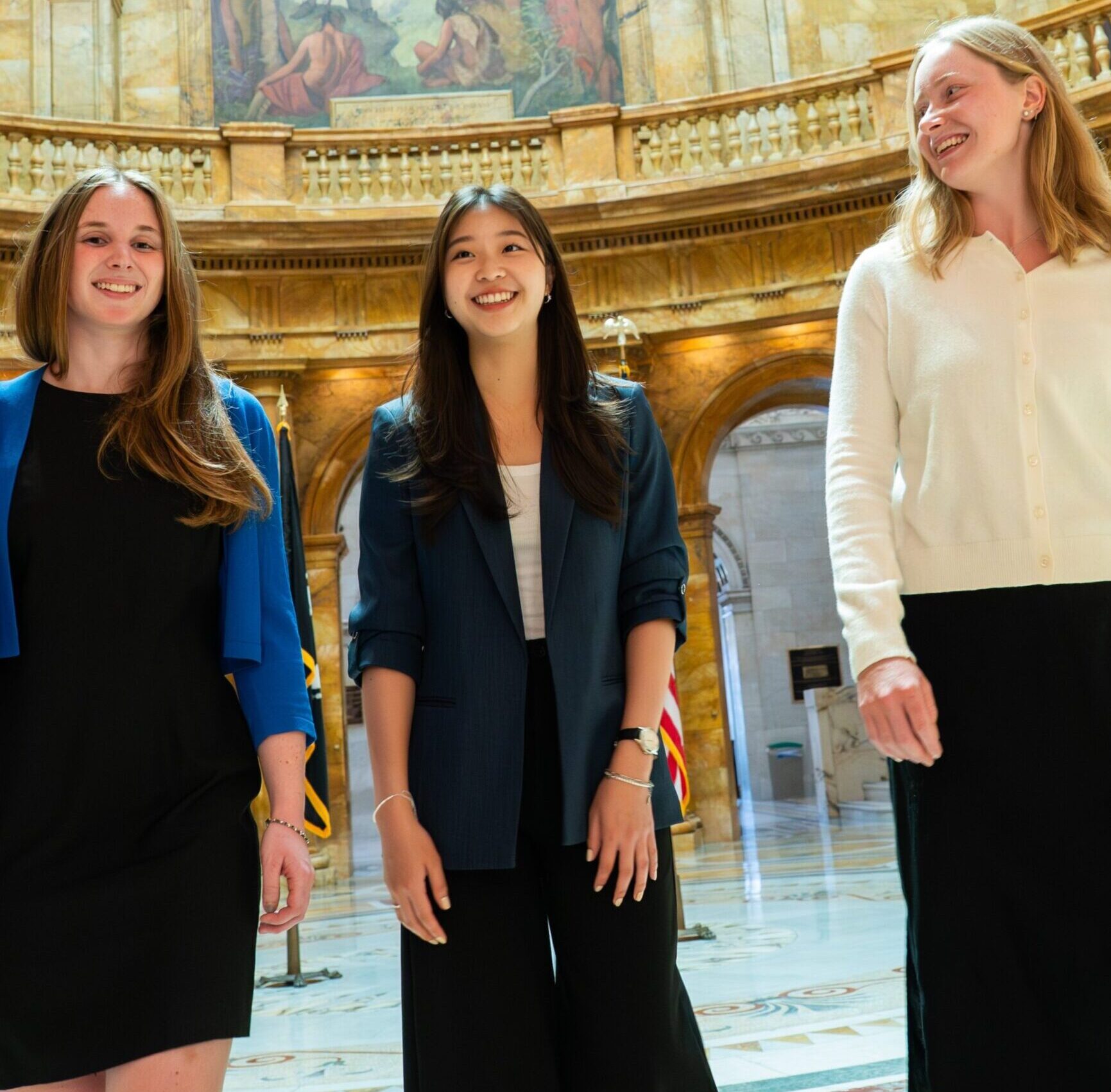New Climate Lawyering Course

Professor Richard Lazarus, Howard and Katherine Aibel Professor of Law at Harvard Law School, is teaching Climate Lawyering, a course focused on how lawyers can address the climate crisis. Each class meeting focuses on a particular legal practice setting and features a guest speaker who works in that area. The settings include federal administrative departments, such as the Department of Energy and the Federal Reserve Board, and the private sector, where lawyers can help establish and advance policies that account for environmental concerns. Professor Lazarus recently answered a few questions about the course.
Instructor: Richard Lazarus | Course ID: 221283 | Term: Spring 2023
Why was this course created, or why did you decide to teach this course?
I decided to teach this course after a series of meetings last spring (2022) with law students who weren’t interested in pursuing careers in environmental law. Classic environmental lawyers predominantly focus on pollution and natural resources law, but these students wanted to know how they might work on climate issues from different fields of legal practice. There are many practices, beyond environmental law, where lawyers will play an important, constructive role in promoting just transitions towards a more sustainable society. I decided to design a class that would meet growing student interests in this area and explore climate-conscious lawyering across many practices of law.
What are the key lessons you hope students will learn in this course?
First, I hope students will learn that they do not have to be environmental lawyers to address climate concerns through their legal practice. To that end, I also hope that students leave this class with the realization that they can approach any far-flung area of law that they choose to pursue with environmentally conscious practices. Because the threats posed by climate change are so widespread, the areas of law in which important climate leaders are needed are also innumerable.
Finally, I hope students realize that climate lawyering isn’t just limited to the public sector. While we intuitively think of the important climate roles lawyers play in the public service and public interest settings, they play equally defining roles in the private sector. Lawyers in large and small firms that represent business leaders promoting transitions to a low-carbon economy, or developing climate solutions play a critical role. So do lawyers who choose, instead, to work as in-house counsel to these companies. Students should know that no matter the legal practice, field or sector they devote their careers to, they can approach their work with climate-consciousness and effect important change.
What is your favorite part about teaching this course?
The course is only just now underway, so ask me next year! I expect my favorite part will be expanding significantly the scope and number of our law graduates working in a constructive way to address the compelling issue of climate change. There exists a much larger group of students at the Law School who care deeply about addressing climate change than just the subset of students who plan to pursue environmental law. I am excited about the prospect of teaching that larger group of students about the ways they can be constructive players in addressing the most important and challenging environmental issues of our times.









